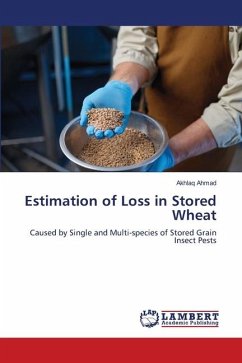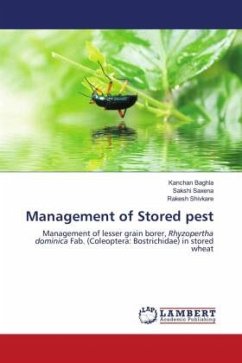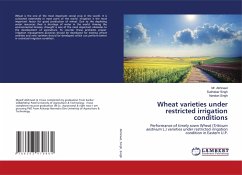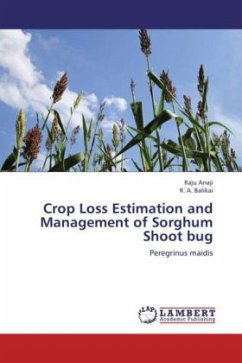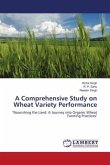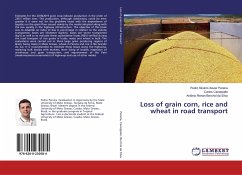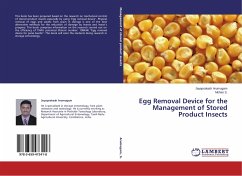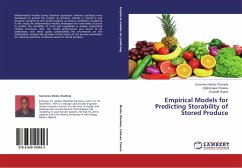Pakistani farmers produce nearly 27,466 million tons of wheat and 8.5 million tons of rice annually. National demand for wheat is increasing by about 3 percent or 0.4 million tons per annum. After the introduction of high-yielding wheat varieties, the sudden increase in grains produced strained the traditional system of grain storage. During storage a-biotic factors like insects inflict heavy losses in the form of quality and quantity. Public sector storage losses of wheat in Pakistan vary from place to place and as per practices. In Pakistan, 2-6% of food grains of the total grain produced are infested by stored grain insect pests during storage annually which is worth millions of rupees. The basic reasons for such losses are improper storage practices.
Bitte wählen Sie Ihr Anliegen aus.
Rechnungen
Retourenschein anfordern
Bestellstatus
Storno

